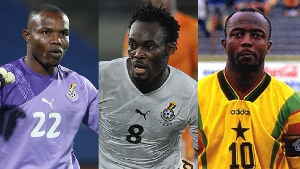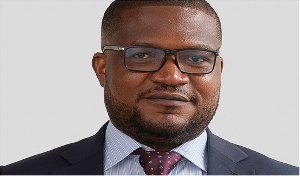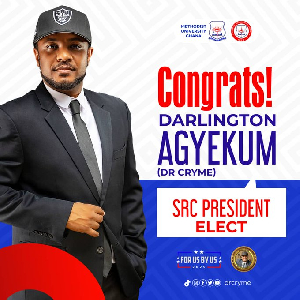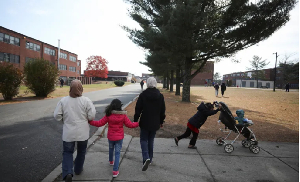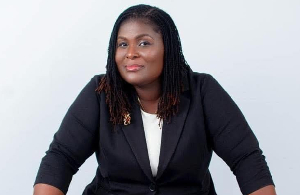Accra, Aug. 14, GNA - Vice President John Mahama on Friday observed that the changing concepts of security needed to be confronted with a high level of professionalism and leadership by the military in order to sustain constitutional democracy.
He thus tasked the military to be abreast with current challenges and seek to justify its existence by proactively evolving strategies to confront these challenges professionally.
"By this, I mean a command and leadership that should be capable of pre-empting undesirable situations and evolving appropriate strategies in a highly dynamic environment," he said. Vice President Mahama, who is the Chairman of the Armed Forces Council, was addressing the graduation ceremony of Course 30, Senior Division of the Ghana Armed Forces Command and Staff College (GAFCSC), at Teshie, near Accra.
He said the military must particularly keep an eye on evolving technology to address the emerging challenges. "Essentially as military leaders, you must understand the changes taking place in your own peculiar environment. You should be capable of anticipating such changes and then situating the military within the context of changes."
The 59 graduates drawn from Ghana and other African countries underwent 11 months training in Defence Management, Conflict and Crisis Management, International Peace Support Operations and Exclusive Zone Management.
The course, which was facilitated by the GAFCSC, the University of Ghana (UG), Legon, and the Ghana Institute of Management and Public Administration, saw the students leaving the College with either a Master's Degree in International Affairs or a Post-Graduate Diploma in Public Administration.
Vice President Mahama expressed his gratitude to the British Government for the immense support given the Ghana Armed Forces spanning three decades, through its British Military Assistance and Training Team (BMATT), expressing a deep sense of regret that the BMATT's cooperation with the Ghana Armed Forces had come to an end.
He acknowledged the support BMATT had provided towards infrastructural development of facilities in GAFCSC which had sustained its programmes and maintained high academic standards. Mr Mahama said the withdrawal of the team created a void that must be expeditiously filled in order to ensure seamless transfer of responsibilities and continued smooth administration of the College. He assured the Military High Command that measures were underway to mitigate the effects of the BMATT withdrawal while government pursued permanent solutions to the pull-out.
Government, Mr Mahama said, in the short-term, intended to fill the funding gap by allowing the GETFUND to make provision for logistics requirements for the college, starting with the provision of a new bus to cater for transport of students.
Vice President Mahama described the ceremony as a significant milestone not only for the graduating students, but also for the sustenance of constitutional democracy. He expressed the hope that the course would promote common values in Africa to help confront serious Regional and sub-Regional conflicts. The course attracted participants from Botswana, Burkina Faso, Congo Brazzaville, Cote d'Ivoire, The Gambia, Malawi, Mozambique, Nigeria, Rwanda, Senegal, Sierra Leone, Tanzania, Togo, Uganda and Zambia.
Major Willam Kwabiah of the Ghana Armed Forces (GAF), took home the Honour Graduate Trophy and the Best Army Student, while Squadron Leader N.I. Ilo of the Nigerian Air Force, collected the Overall Best Allied Student, Second Best Student and the Best Air Force student awards. The Third Best student went to Major Eric Boa-Amponsem from GAF, the best naval student went to Lt. Commander A.A. Abu from Nigeria, while Major M. Bayo from Senegal, who distinguished himself by contributing effectively to lectures, seminars and discussions won the Everard Prize.
Major Isaac Amponsah from the GAF grabbed the Commandant's Research Paper and Lt. Cdr. A.A. Abu from Nigeria, the Second Prize. Major P.W. Simwaka from Malawi had the Most Improved Student Prize and Major B. Bekoe-Yeboah from GAF annexed the Perseverance Prize.
General News of Friday, 14 August 2009
Source: GNA


